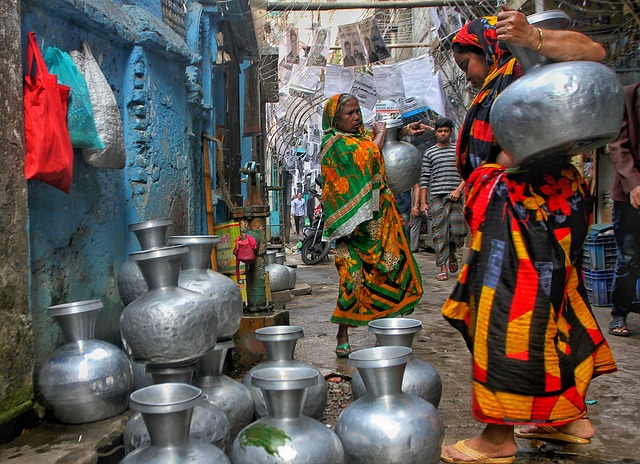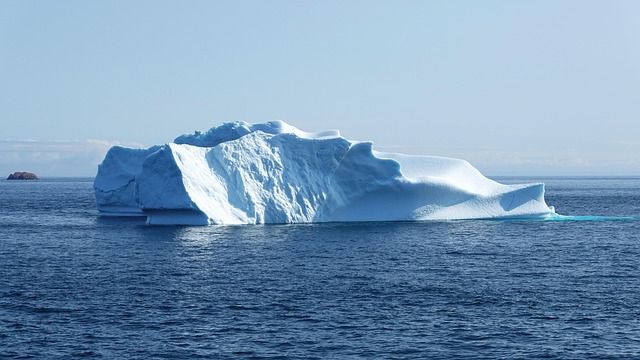The world around us is changing at an alarming rate, and the concept of scarcity has taken on new meaning in the context of our environment. As global temperatures rise and climate systems shift, we are witnessing a profound impact on our natural resources, a reality that affects each and every one of us.
When we talk about scarcity, it often conjures up images of empty shelves, dwindling supplies, or essential resources that seem just out of reach. In the face of climate change, however, scarcity manifests in more subtle yet equally pressing ways. Freshwater, arable land, and ecosystems are becoming increasingly threatened, leaving communities vulnerable and uncertain about the future. It’s a chilling reminder of how interconnected our world is and how fragile our existence can be.
Consider the melting glaciers, those magnificent giants that store vast quantities of freshwater. As the climate warms, these ice reserves are dwindling at an unprecedented pace, leading to profound implications for regions dependent on glacial melt for their water supply. The voices of families dwelling in low-lying areas are growing more urgent as they face the stark reality of rising sea levels and the scarcity of clean water sources. It’s not just their livelihoods at stake; it’s their very existence.
From forest fires raging in once-lush landscapes to droughts that paralyze agricultural production, the impacts of scarcity are rippling through the environment. Farmers, who have nourished society for generations, are battling against increasingly erratic weather patterns and depleted soil nutrients. This scarcity of suitable land and resources not only threatens their livelihoods but also compromises the food security of millions around the globe. Picture a world where the very act of putting food on the table begins to feel like an improbable dream.
The shift from abundance to scarcity is not merely an environmental issue; it is a humanitarian crisis waiting to unfold. We are witnessing the heart-wrenching stories of those forced to leave their homes in search of resources that are quickly disappearing. Climate refugees are becoming an all too common term, highlighting the social and political implications of scarcity. As countries grapple with influxes of displaced populations, tensions rise, and communities face the challenge of welcoming those fleeing the consequences of a changing climate.
Yet, amid this daunting picture, there is an undeniable resilience emerging. Communities are coming together to innovate and adapt, finding ways to manage scarcity and demanding sustainable practices to reverse the effects of climate change. Initiatives to restore ecosystems, promote conservation, and embrace renewable energy sources are gaining momentum. This collective effort showcases the power of human determination in the face of scarcity.
As we navigate this evolving landscape, it is crucial to recognize that our individual actions matter. Simple changes, like reducing waste, supporting sustainable practices, and advocating for policy reform, can amplify our impact. Together, we can forge a path that not only addresses the scarcity stemming from climate change but also fosters a deeper connection to the planet we call home.
In the end, the journey to combat scarcity demands our attention and commitment. It urges us to reflect on our role in nurturing the environment, understanding that the health of our planet directly influences our own well-being. The urgency of the situation calls us to act, to raise our voices, and to stand in solidarity for a more sustainable future for generations to come.




